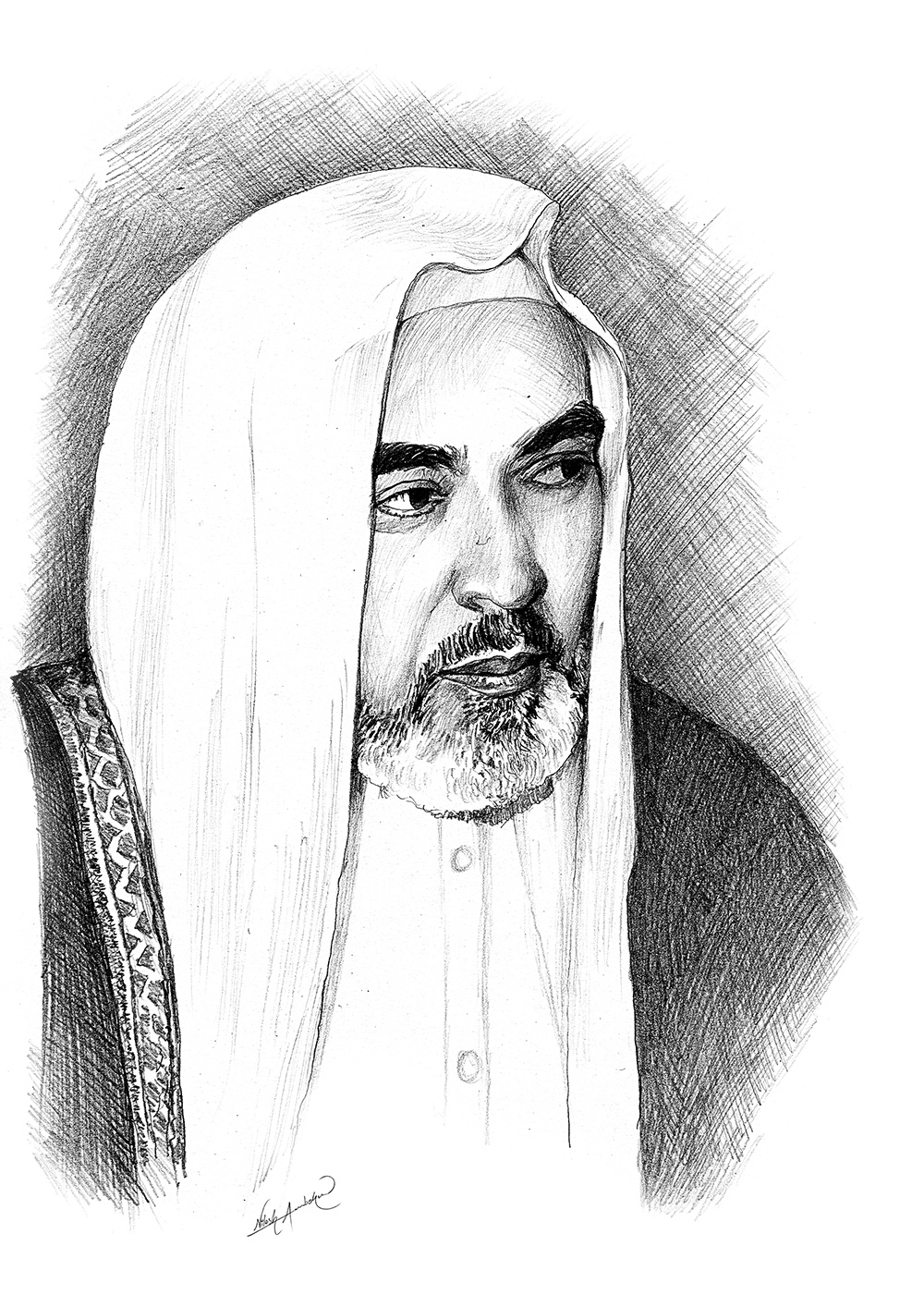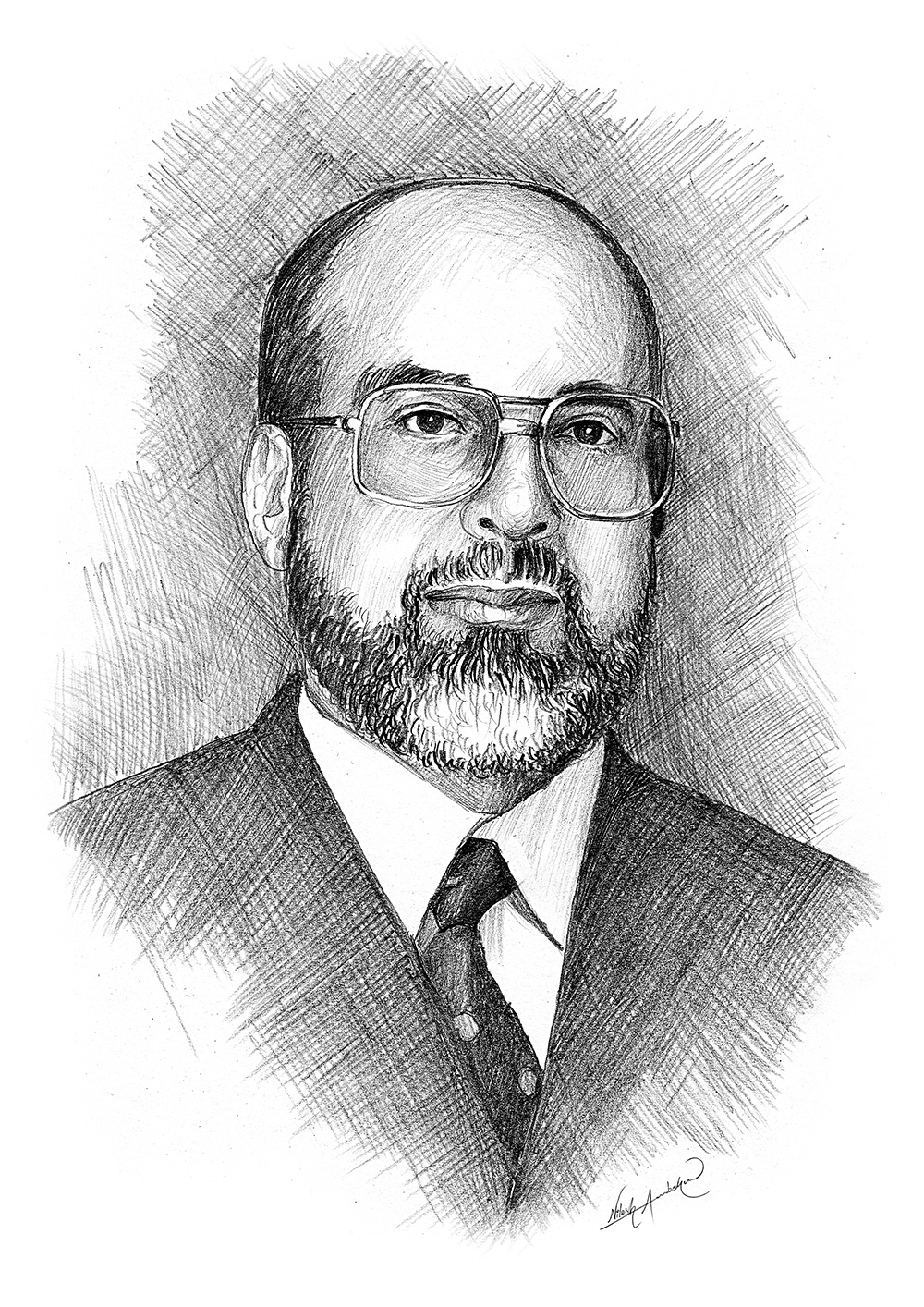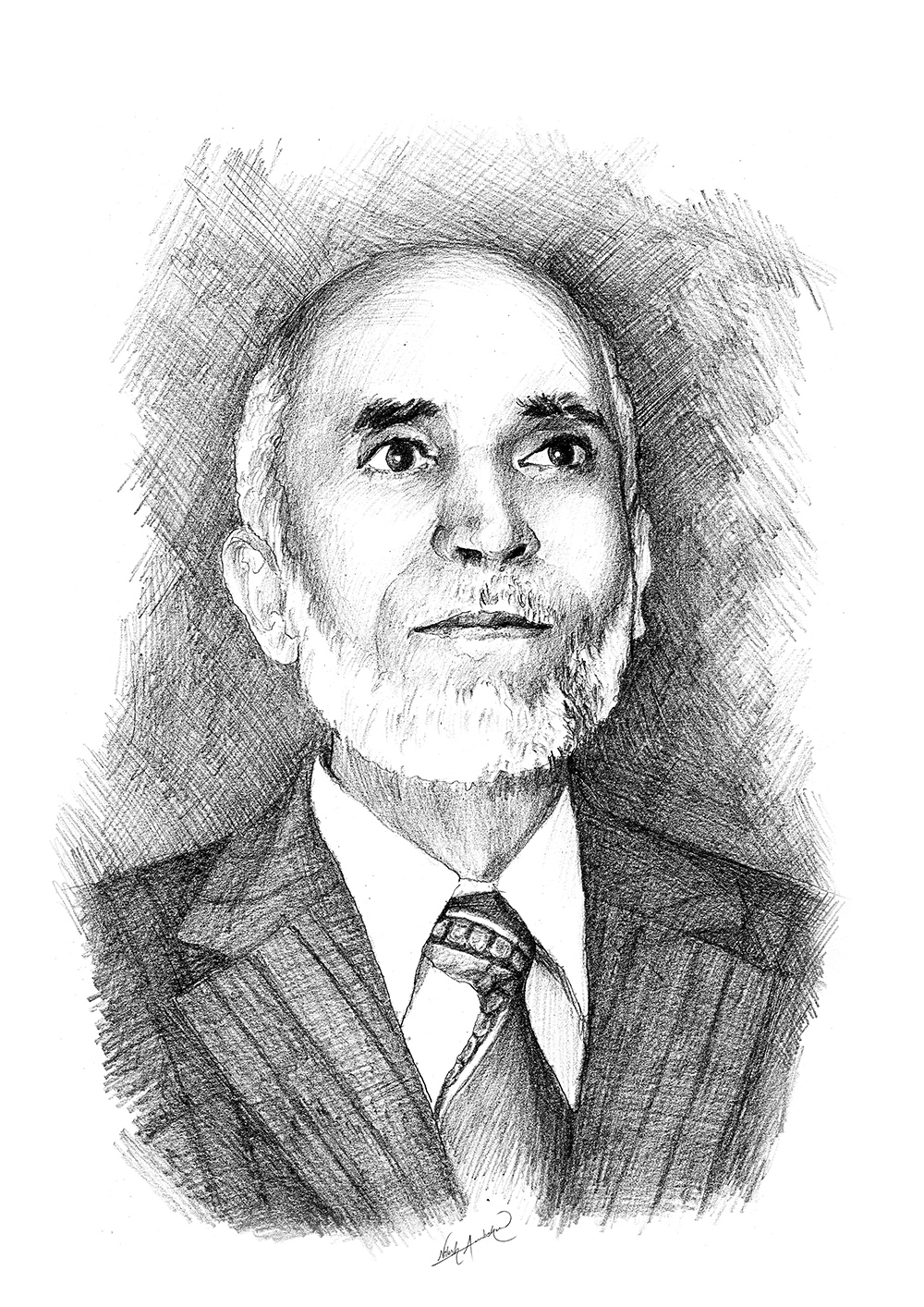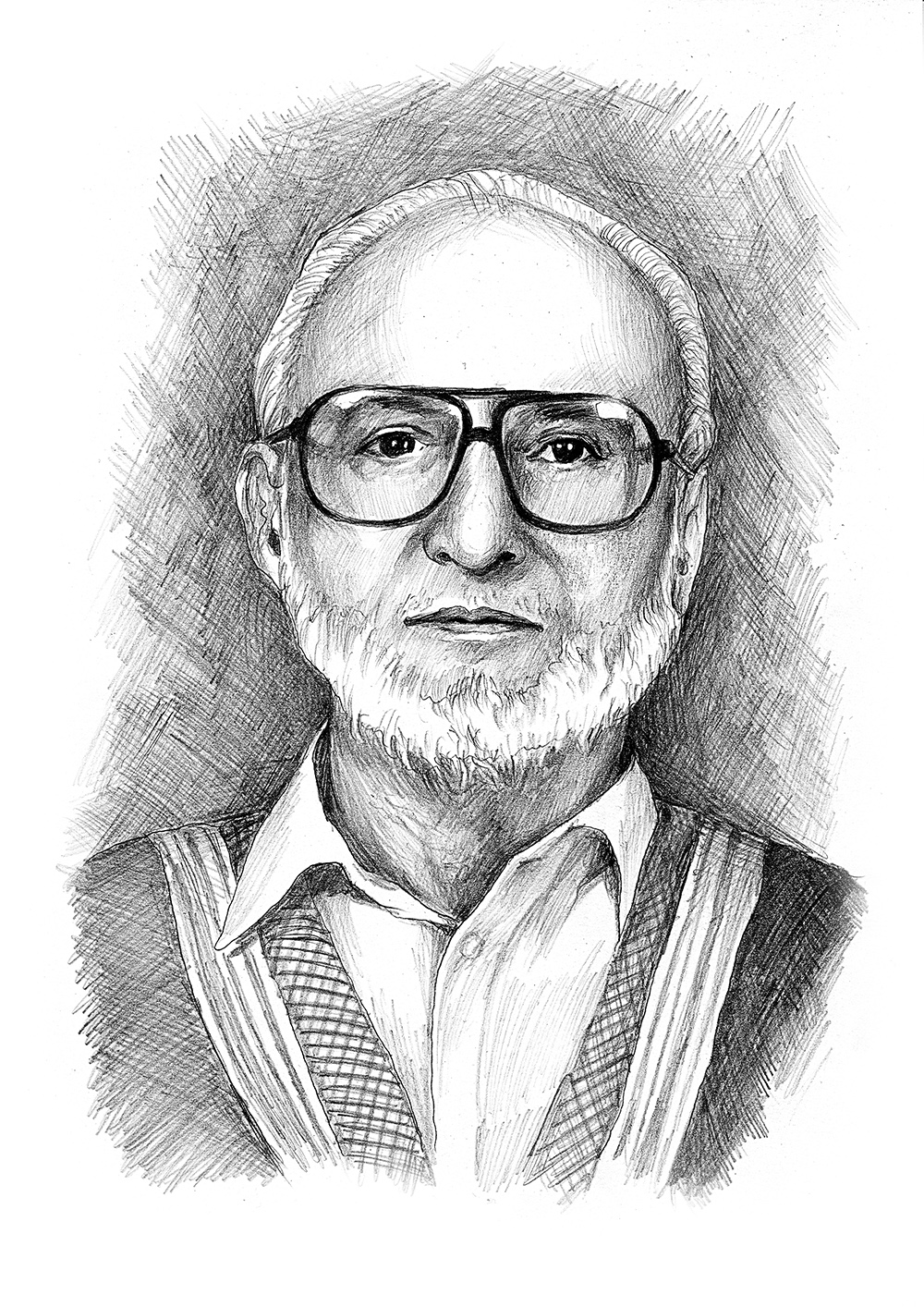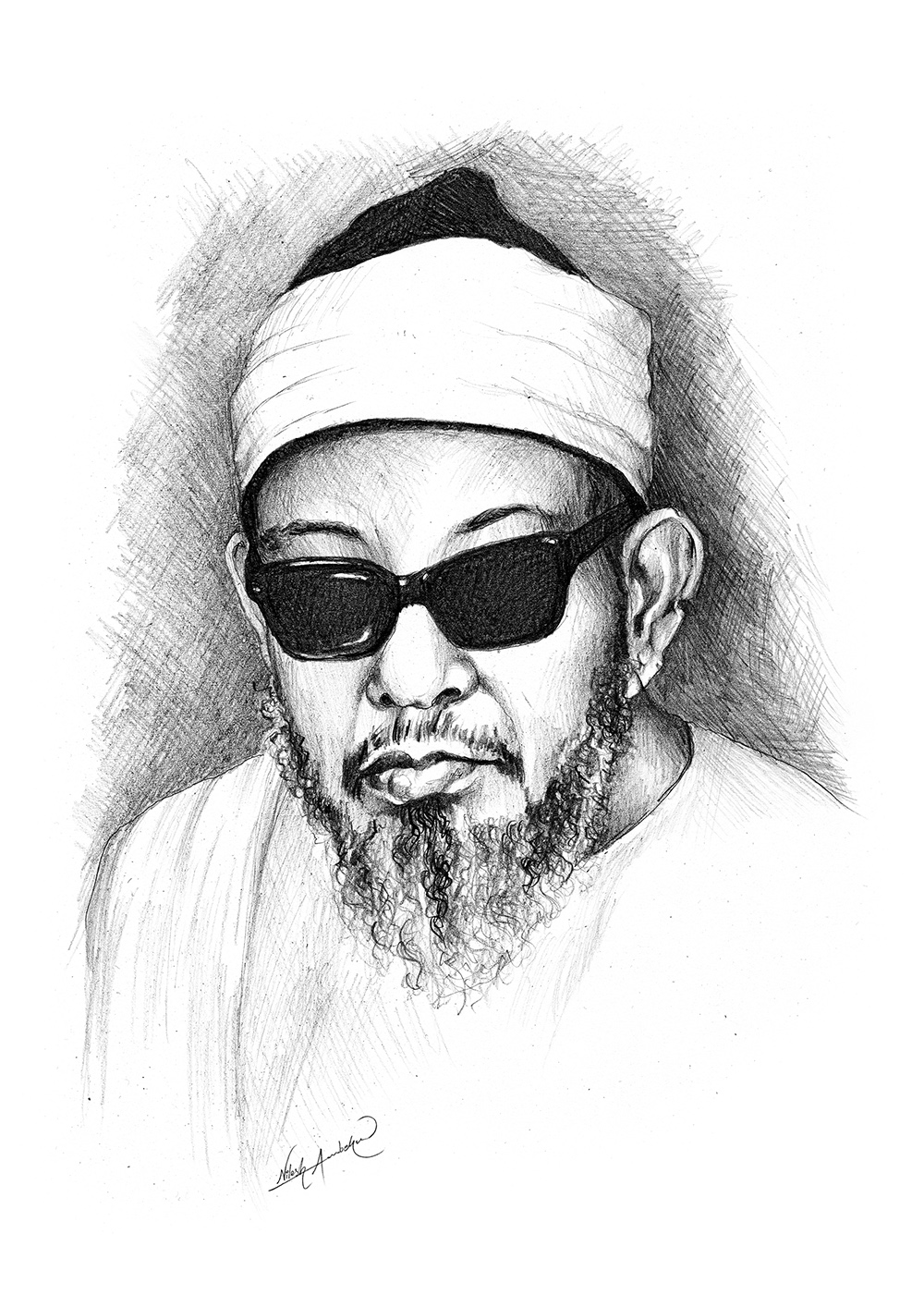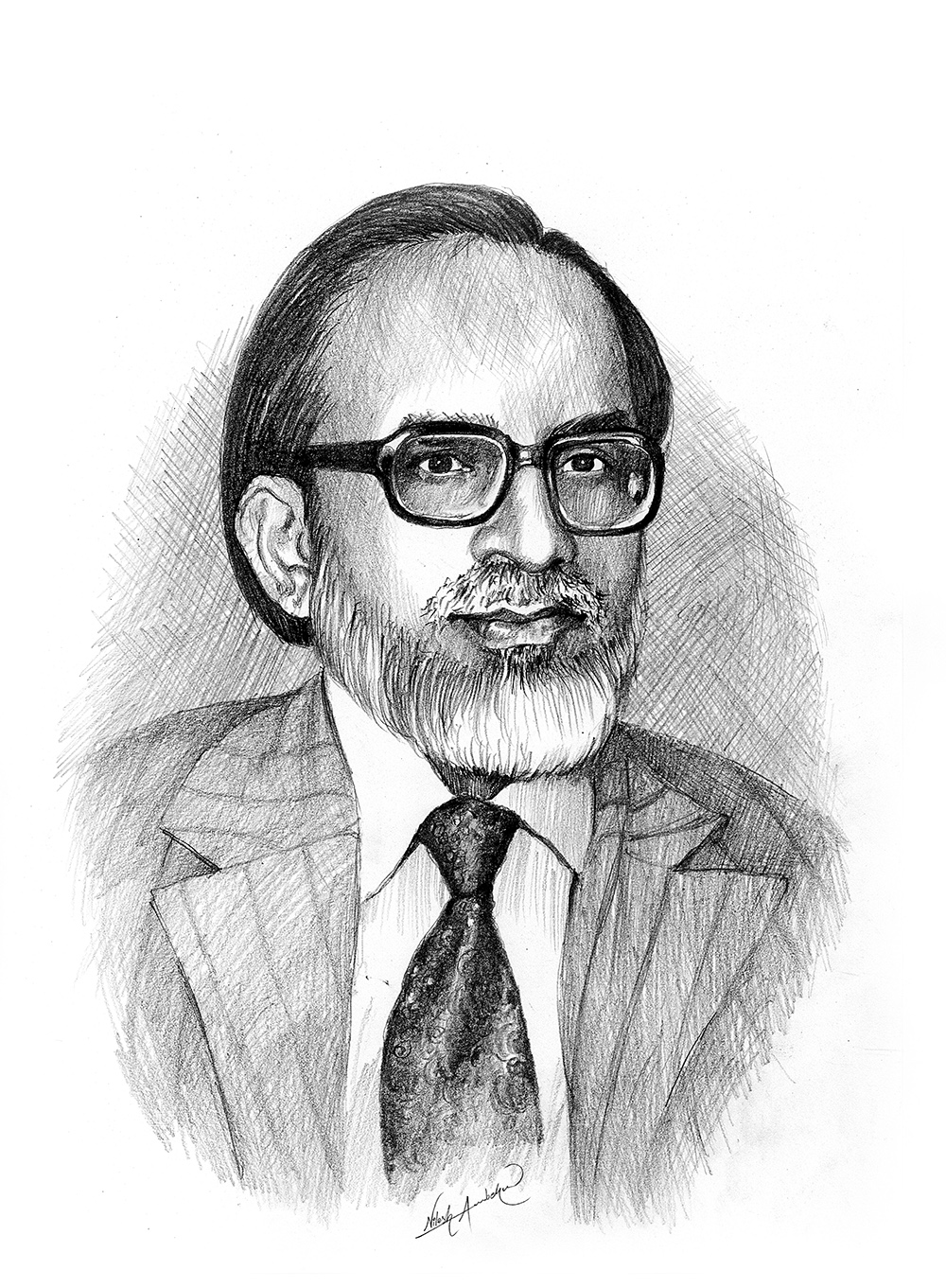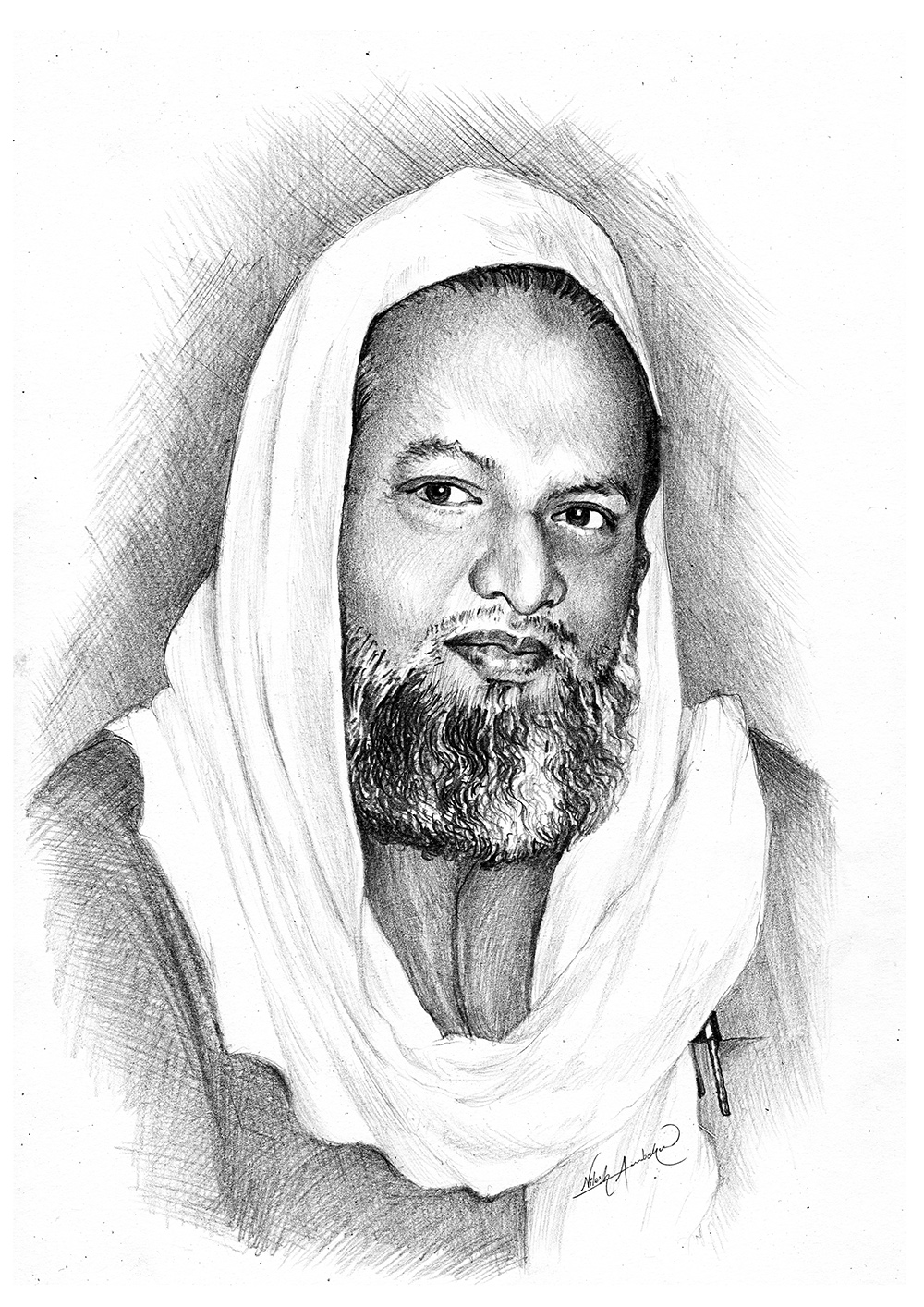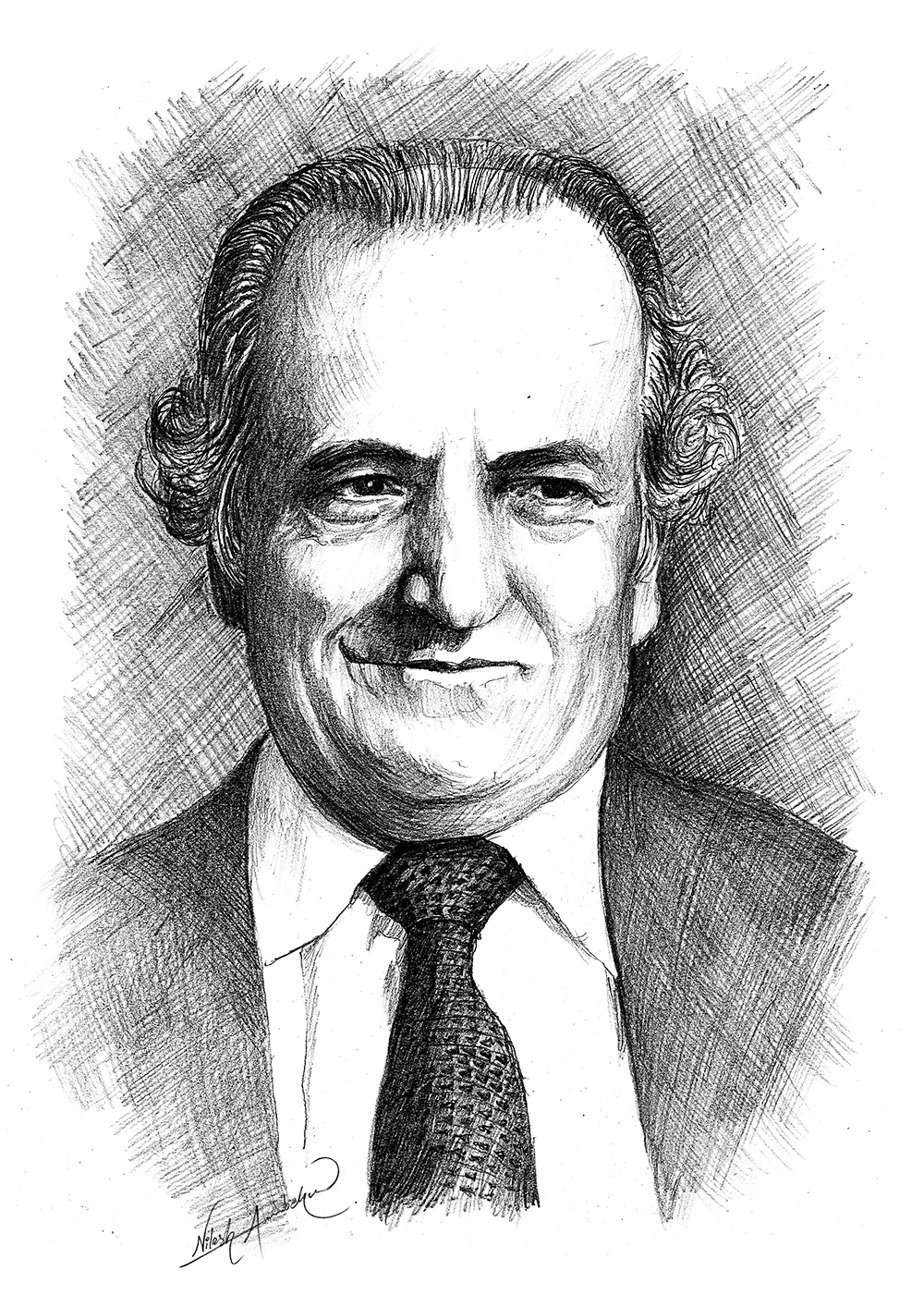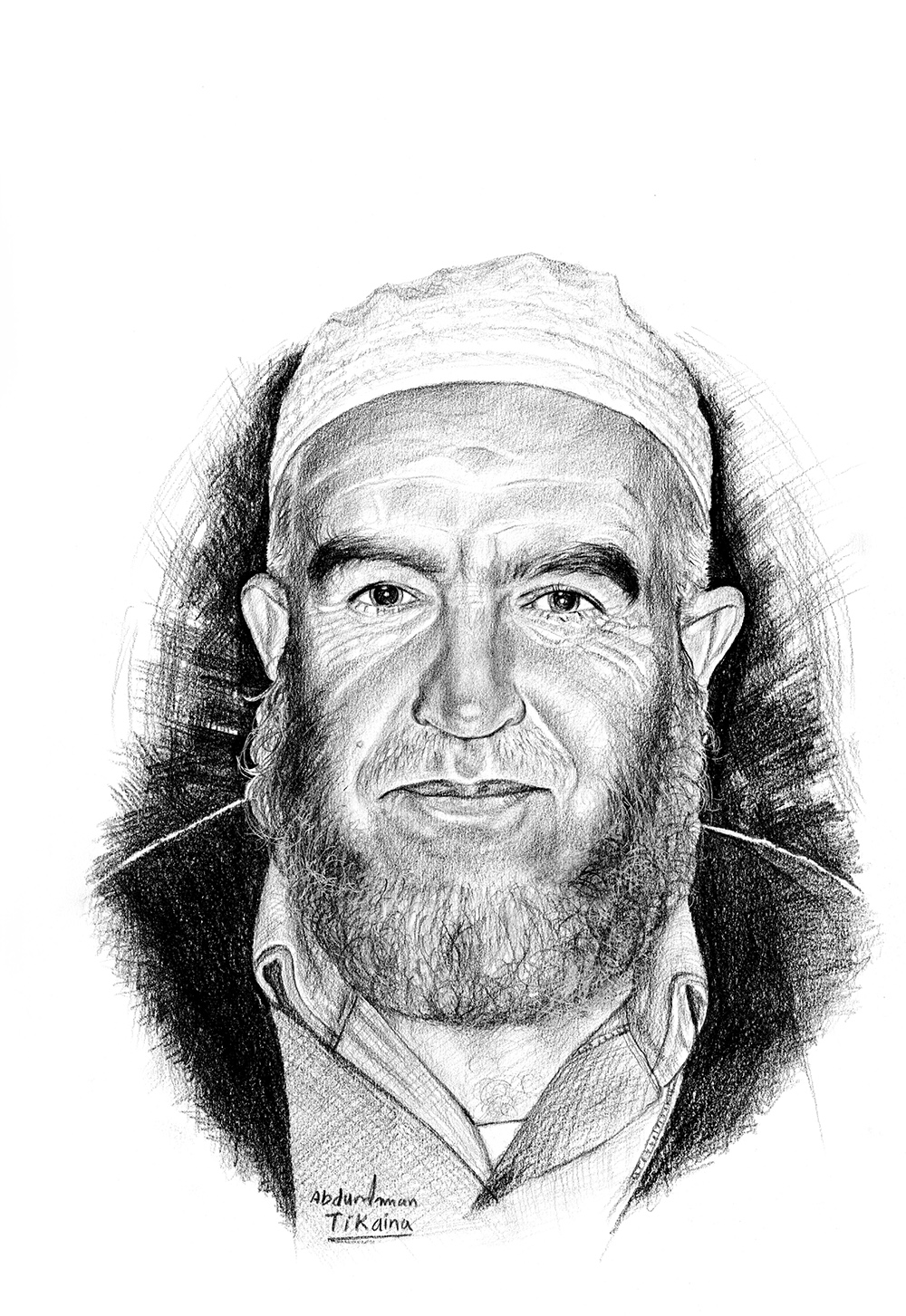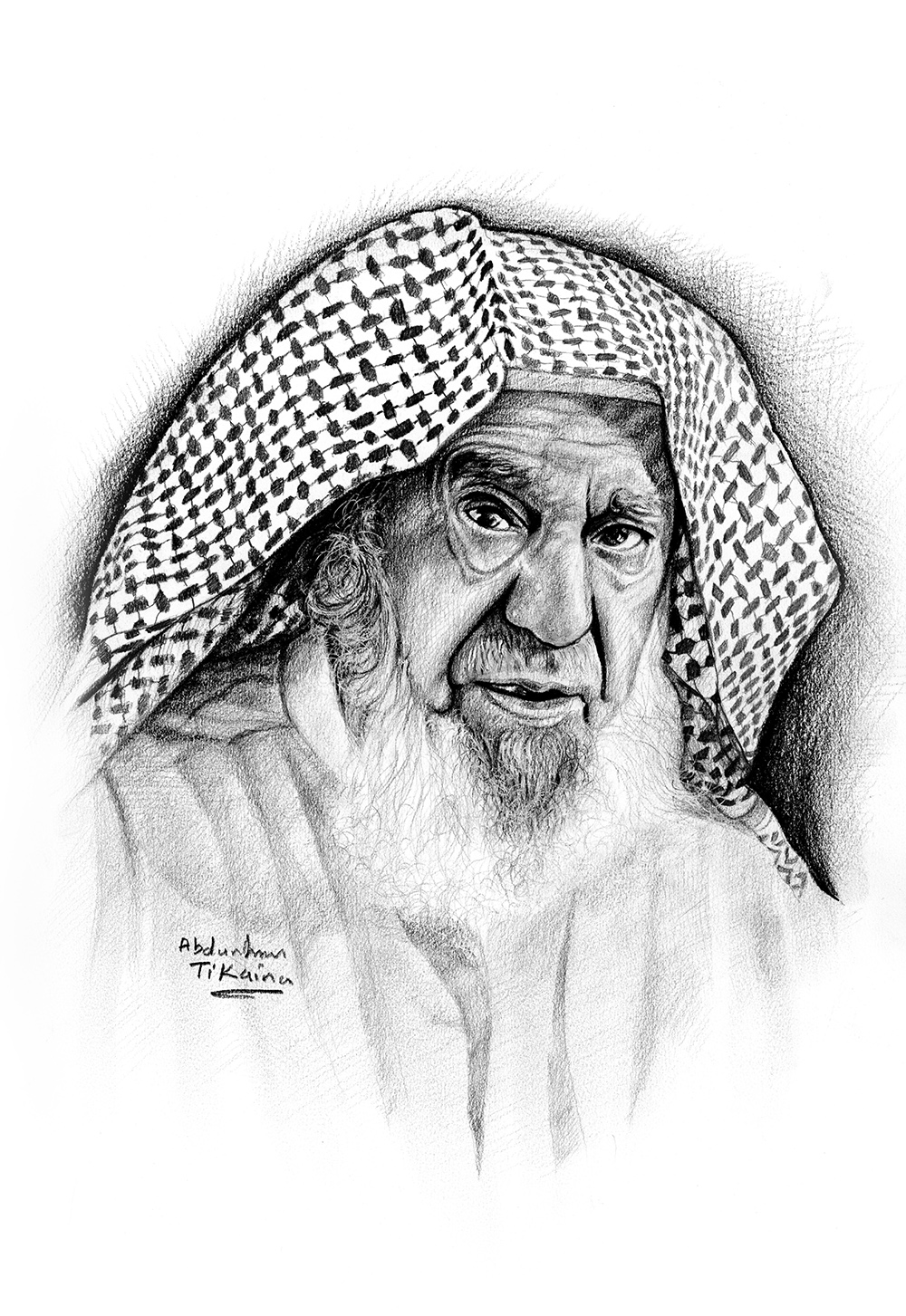Sulaiman Al-Rajhi moved from Al-Bukayriyah in Al-Qassim to Riyadh as a child with his father and started working at the age of nine. After a few years of undertaking peripheral jobs, he joined his elder brother’s business in changing money for pilgrims taking camel caravans across the desert to Makkah to perform Hajj. In the mid 1950’s, he moved to Jeddah, where he started his own business in currency exchange with pilgrims. He was unprecedentedly successful in his business, and his wealth and investments grew and expanded vastly through the years. He is currently the principal stakeholder and the Chairman of Al-Rajhi bank, a mammoth Saudi company and the largest Islamic bank in the world. Besides, he owns large corporations investing in agriculture, animal production, industry, and construction. Today, his wealth is estimated at 7.7 billion dollars, making him the 120th richest person in the world according to Forbes magazine.
Shaikh Al-Rajhi is renowned for his strict adherence to Islamic principles in all his dealings and business activities, as well as his personal life. Despite his vast wealth, he leads a simple life. He is one of the world’s leading philanthropists, building mosques and homes for the poor, and supporting local and international charitable organizations. In 2011, he endowed more than 50% of his entire wealth for humanitarian purposes (and the rest for his family), and established a special foundation to monitor this endowment, maintain it, and ensure that it is spent on its intended purposes. Apart from his leading role in establishing the world’s largest and most venerable Islamic banking institution operating in accordance with Islamic teachings, Shaikh Al-Rajhi continues to contribute to humanitarian efforts to fight poverty. His humanitarian foundation also built a non-profit University in his hometown, Al-Bukayriyah, as a nucleus for a university soon to be announced. There are currently three health sciences colleges, as well as other academic institutions for developing Arabic and Islamic studies curricula in different languages and for teaching Arabic language to non-Arabic speakers, in addition to a charity hospital and a center for learning financial skills. Plans are currently underway to build a College of Economics and the Al-Rajhi Financial Center, as well as three large mosques in Hail, Makkah, and Al-Madinah, which, like his mosque in Riyadh, are built to accommodate thousands of worshippers and provide them with places for prayers, education, and seclusion. Shaikh Al-Rajhi hopes that these mosques will eventually be converted into universities. Through investment in major projects, Shaikh Sulaiman Al-Rajhi aims at providing food security and services to industry, construction and other sectors in his country. He also nurtures Quranic studies and provides Quranic memorization groups with financial support and prizes, in addition to printing hundreds of thousands of copies of the Holy Quran for free distribution worldwide, particularly in Africa. Shaikh Al-Rajhi also contributes to the development of Muslim communities through investment in those communities and strengthening of commercial relations with the Islamic world. Al-Rajhi Foundation will also pay attention to the development of highway services, such as gas stations and rest areas. Despite his age and extensive responsibilities, Shaikh Al-Rajhi still devotes some of his time for holding lectures and meetings with Saudi Muslim youth, explaining to them his remarkable personal experience, and urging them to indulge in private business.
In 2000, Shaikh Sulaiman Al-Rajhi was awarded the King Abdulaziz medal.
This biography was written in the year the prize was awarded.

